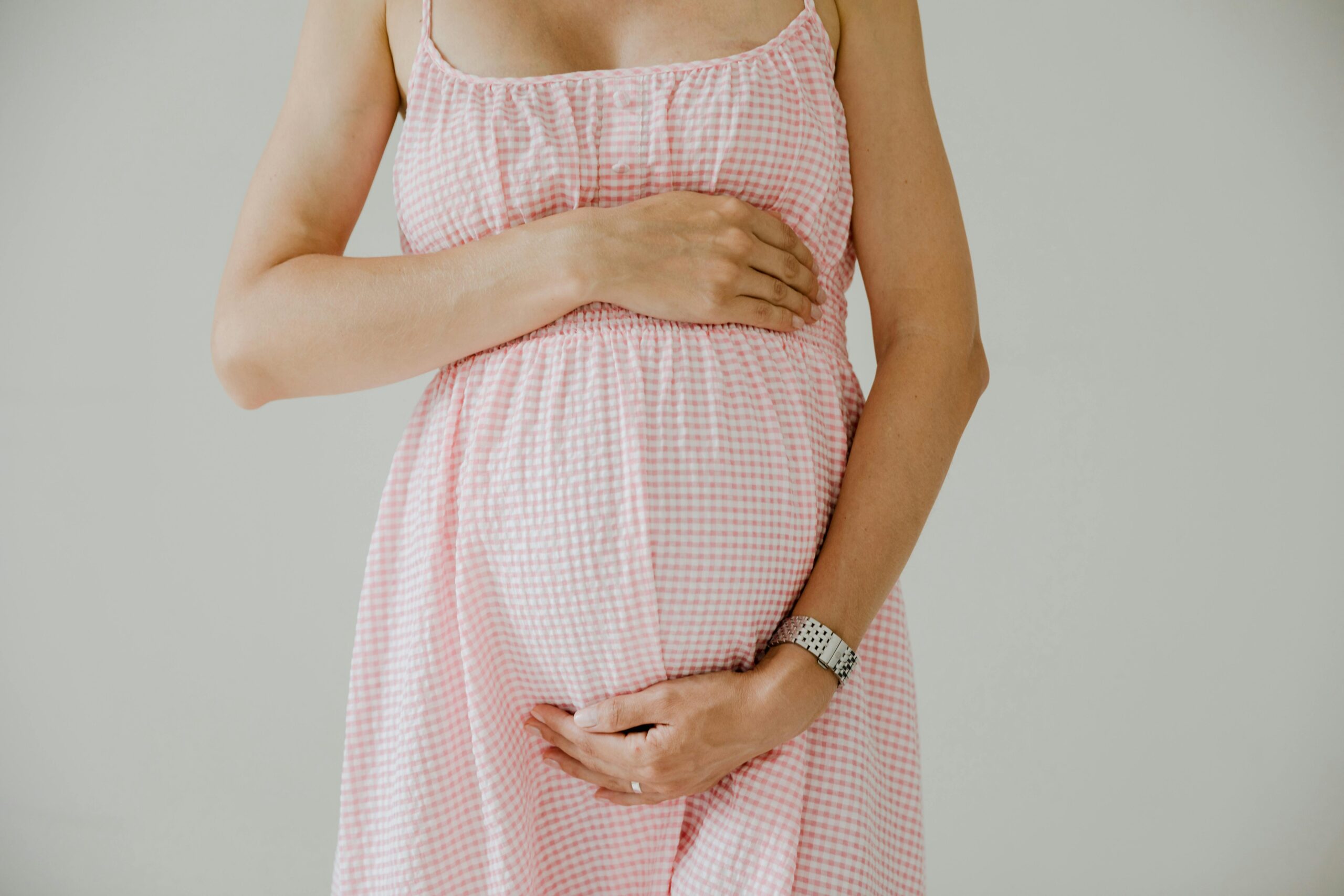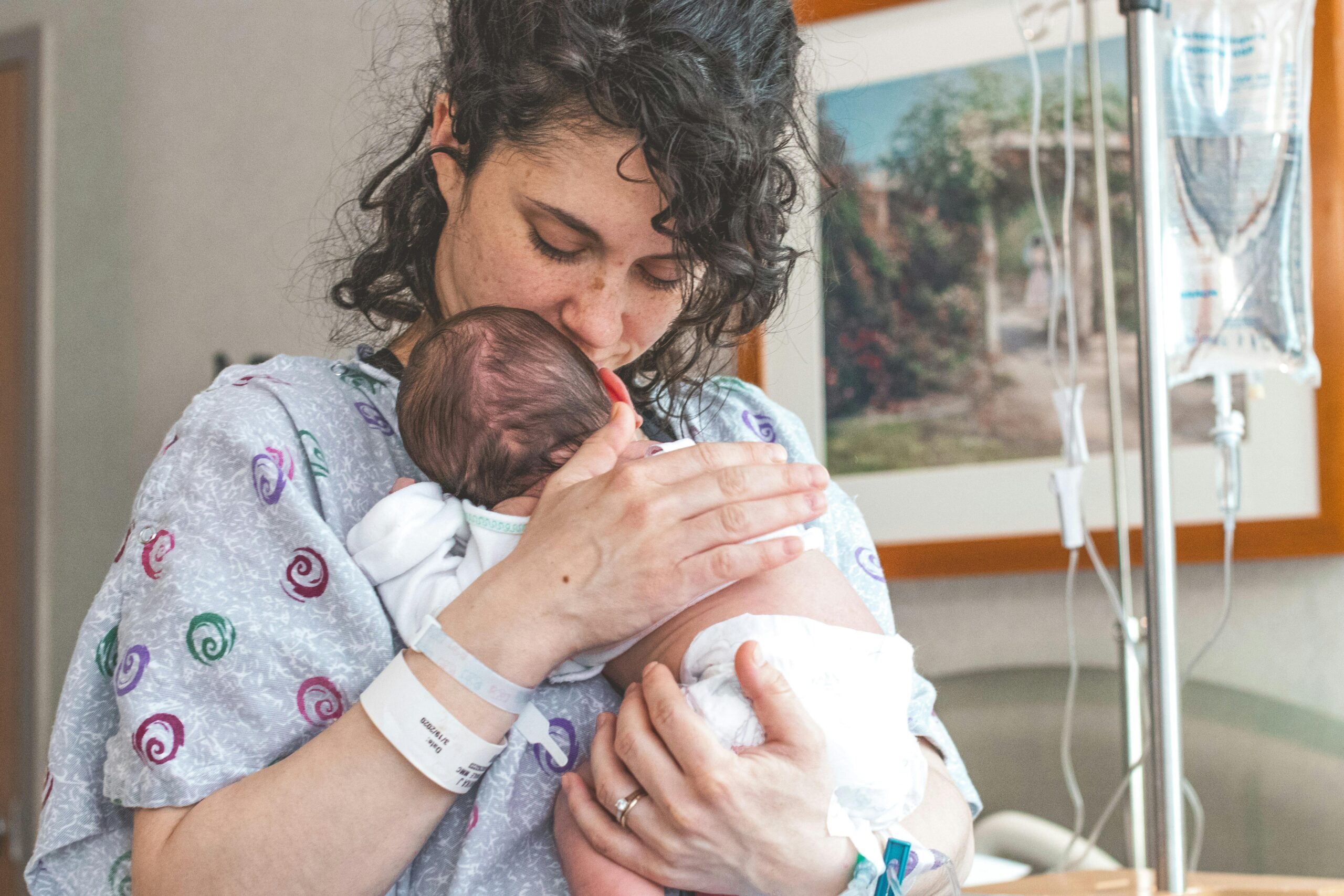
Folic acid for conception & pregnancy
In this article
What's the lowdown?
Folic acid is a manmade version of a vitamin called folate
It is recommended to take folic acid before and during pregnancy to help the development of your baby
If you know you’re going to try to get pregnant, it’s recommended to start taking taking folic acid 12 weeks before starting trying to conceive
Folic acid can be found in lots of foods, including oranges, green leafy vegetables and breakfast cereals
Some people may require a higher dose of folic acid before and during pregnancy
What is folic acid?
Folic acid is a manmade version of the vitamin folate. Folate is needed for your body to make new DNA and cells, including red blood cells. Folic acid can be taken to replace or supplement folate in your body. Folic acid is converted into folate after you take it. Folic acid can either be bought from a pharmacy or prescribed by a doctor depending on the dose. Folic acid is also found in multivitamins and pre-conception or pregnancy vitamins.
Why is folic acid recommended for pregnancy?
During pregnancy, many complicated pathways occur to make a fertilised egg grow into a baby. One of the most important parts of development is when the baby starts to mature their brain and spinal cord (also called neural tube). This begins in the first 21 to 28 days of pregnancy. 1 During this time your body needs a LOT of folate to help the baby with all these changes, and folate is very important to help the spinal cord and brain form correctly.
If the spinal cord and brain (neural tube) don’t develop properly, this can cause “neural tube defects”, the most common of which is spina bifida.
Neural tube defects happen in around 1-2 in 1000 pregnancies and can cause stillbirth or disability. 2 The biggest risk for neural tube defects like spina bifida is a low level of folate in the mother before and during early pregnancy.3 Research has shown that taking folic acid as a supplement can reduce the number of pregnancies affected by neural tube defects by 71%.4 This is why it is recommended to take folic acid for pregnancy.
Folic acid before pregnancy
It is recommended to start folic acid supplements 3 months before trying to get pregnant. Research has shown that taking folic acid before pregnancy reduces the risk of a baby developing spinal cord or heart defects.5 Unfortunately, we know from studies that people don’t know about this recommendation, with only 31-42% of women taking folic acid supplements as they should.6, 7 So if you’re reading this – please tell your friends!
Folic acid during pregnancy
How much folic acid to take when pregnant
How much folic acid to take before and during pregnancy depends on your medical history. The standard dose that is found in preconception vitamins and is required for most women is 400 micrograms (400mcg) every day. However, you need to ask your doctor for a prescription of 5 milligrams (5mg) of folic acid every day if you:
- Have had a previous pregnancy which had a neural tube defect
- Either you or your partner (or the child’s biological parents) have a neural tube defect or have a family member with a neural tube defect
- Have diabetes
- Have sickle cell disease
- Take anti-epilepsy medication (including if you take these for mood disorders)
- Take HIV medication
The higher dose of 5mg folic acid is only available on prescription, so be sure to speak to your doctor and ask for this if you’re thinking about getting pregnant in 3 months time.
When to stop taking folic acid when pregnant
You can continue taking folic acid all throughout your pregnancy if you wish. However, you can stop taking it when you are 12 weeks pregnant if you have side effects.
Folic acid when breastfeeding
Folic acid is safe to take while breastfeeding.
What happens if I don’t take folic acid while pregnant?
If you don’t take folic acid while pregnant, you have an increased risk of your baby developing a neural tube defect. However, this risk is still small at 2 in 1000 pregnancies. If you eat a healthy balanced diet with plenty and foods that contain folate, you can reduce the risk of neural tube defects caused by folate deficiency. Many developed countries (including the US, UK and Canada) have a policy where foods such as breakfast cereal are fortified with folic acid – aka they have extra folic acid put into them. This aims to prevent folate deficiency and neural tube defects, and one study from Canada showed that neural tube defects reduced by 78% after folic acid fortification was introduced, even with only 28% of women taking a folic acid supplement.8
Folic acid v folate v methylfolate
Folic acid is the man made version of folate. Folate is naturally occuring and found in foods. Within the population, up to 40% of people have changes in their genetic makeup that means it is more difficult for them to absorb, metabolise (break down) and use synthetic folic acid. This is due to genetic differences in the DNA which builds the protein or enzyme that changes folic acid in our body to the active form that our body can use. People with these genetic changes may only have 55-70% efficiency of their enzyme to convert and use folic acid. For these people, sometimes a supplement called 5-MTHF (methylfolate) may be better, as it is already in the active form our body needs.9
Folic acid (folate) containing foods
Foods that contain natural folic acid (folate):
- Green leafy vegetables – broccoli, sprouts, kale, spinach
- Chickpeas, lentils, beans
- Nuts and seeds
- Oranges and orange juice
- Fortified breakfast cereals
- Wholegrain foods
- Eggs
- Chicken, pork, shellfish and liver
So, now we know how important folic acid supplementation is before and during pregnancy. And we have also learnt that not every woman who is planning a pregnancy knows to start taking supplements 12 weeks before trying. It’s now your job to go out and tell everyone you meet about the guidelines to help protect their pregnancies in the future!
Our medical review process
This article has been medically reviewed for factual and up to date information by a Lowdown doctor.






